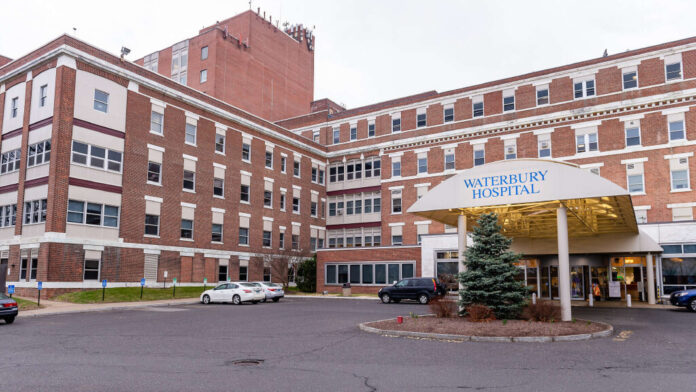After months of bruising litigation, Yale New Haven Health Services Corp. has agreed to pay $45 million to Prospect Medical Holdings Inc., bringing closure to a fiery battle over a failed $435 million sale of three Connecticut hospitals. The deal, filed Friday in Texas federal bankruptcy court, also ropes in Medical Properties Trust Inc., Prospect’s landlord, and ties up a web of lawsuits that had stretched across courts in multiple states.
Untangling a Web of Litigation
The settlement resolves Prospect’s efforts to assume the original hospital purchase agreement while exploring other bids, a Connecticut state court case, and Yale’s stay motion in Prospect’s Chapter 11 bankruptcy. The agreement, first struck on Sept. 16, had kept its financial details under wraps until now.
The legal fight ignited in May 2024, when Yale sued Prospect to escape its obligation to buy the hospitals for $435 million. Prospect hit back with its own countersuit in June. The case ricocheted between courts, landing briefly in federal court before being remanded back to state court in July 2024.
Prospect’s Bankruptcy Struggles
Prospect Medical filed for Chapter 11 protection in January under the weight of more than $1 billion in debt. Recently, the hospital operator told the bankruptcy judge it intended to lift the automatic stay on its case—a move that threatened to escalate the dispute further until the settlement intervened.
Yale New Haven’s Relief
On Monday, Yale spokesperson Dana Marnane told Law360 the deal followed “years of negotiation and litigation.” She emphasized the forward-looking spirit of the agreement:
“This settlement will officially end all pending litigation between our health system and Prospect, allowing both parties to move forward and focus on the future. Yale New Haven Health remains committed to caring for the people and communities we are privileged to serve and to expanding critical services across our region.”



